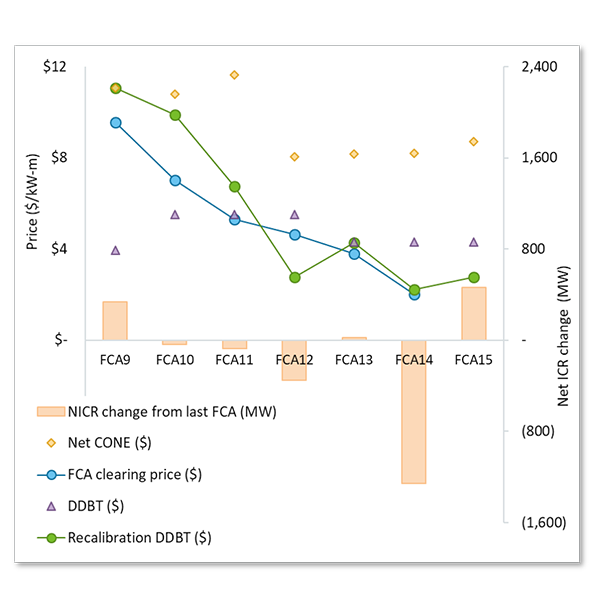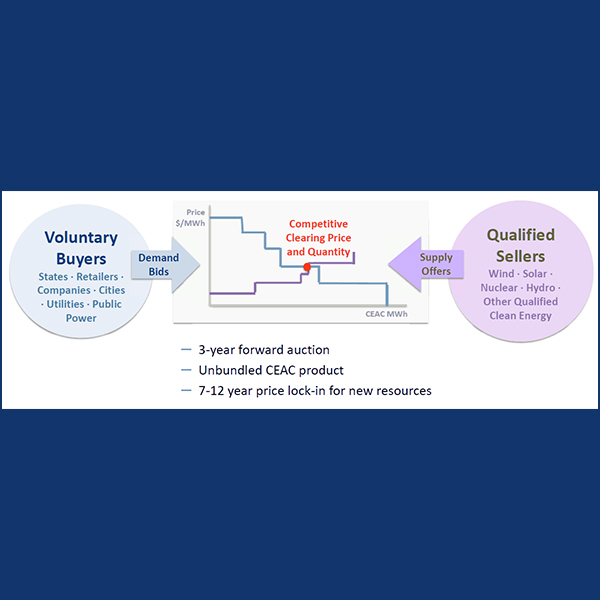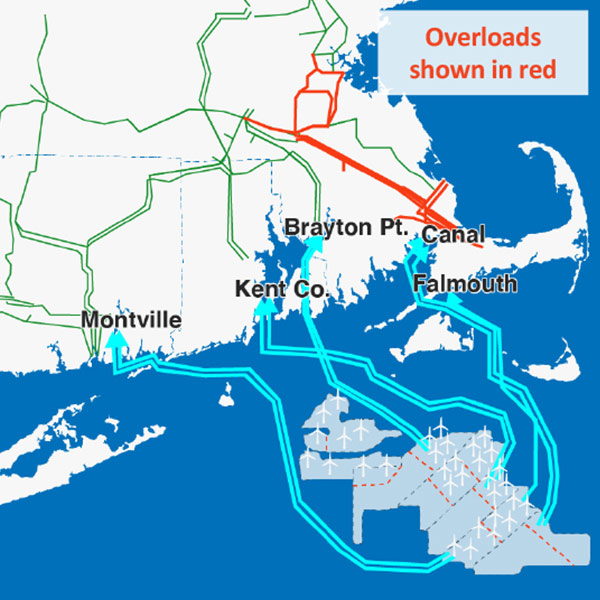New England Power Pool (NEPOOL)
Stakeholders are complaining about the nominating process for former Maine PUC Commissioner Mark Vannoy's appointment to ISO-NE’s board.
The Northern Maine ISA is asking New England transmission owners to eliminate through-and-out transmission charges for transactions between it and ISO-NE.
NEPOOL stakeholders proposed changes to Forward Capacity Market parameters and rules regarding the timing of delist bids.
ISO-NE will proceed with its proposal to eliminate capacity performance payments for energy efficiency resources.
The NEPOOL Committee approved a change to how ISO-NE accounts for energy efficiency in its gross load forecast reconstitution methodology.
The Markets Committee heard an update on ISO-NE’s next Order 841 compliance filing and its proposal to sunset the Forward Reserve Market.
NEPOOL and NESCOE are hiring Peter Flynn, a former National Grid executive, to serve as administrator of the Transition to the Future Grid project.
The NEPOOL Markets Committee held a three-day meeting, with much of the time devoted to revising parameters for Forward Capacity Auction 16.
NEPOOL is examining how it can adapt market rules to reach states' decarbonization goals through a forward clean energy market.
NEPOOL members are trying to cull and combine nine proposals for the Transition to the Future Grid study that ISO-NE has agreed to perform.
Want more? Advanced Search


